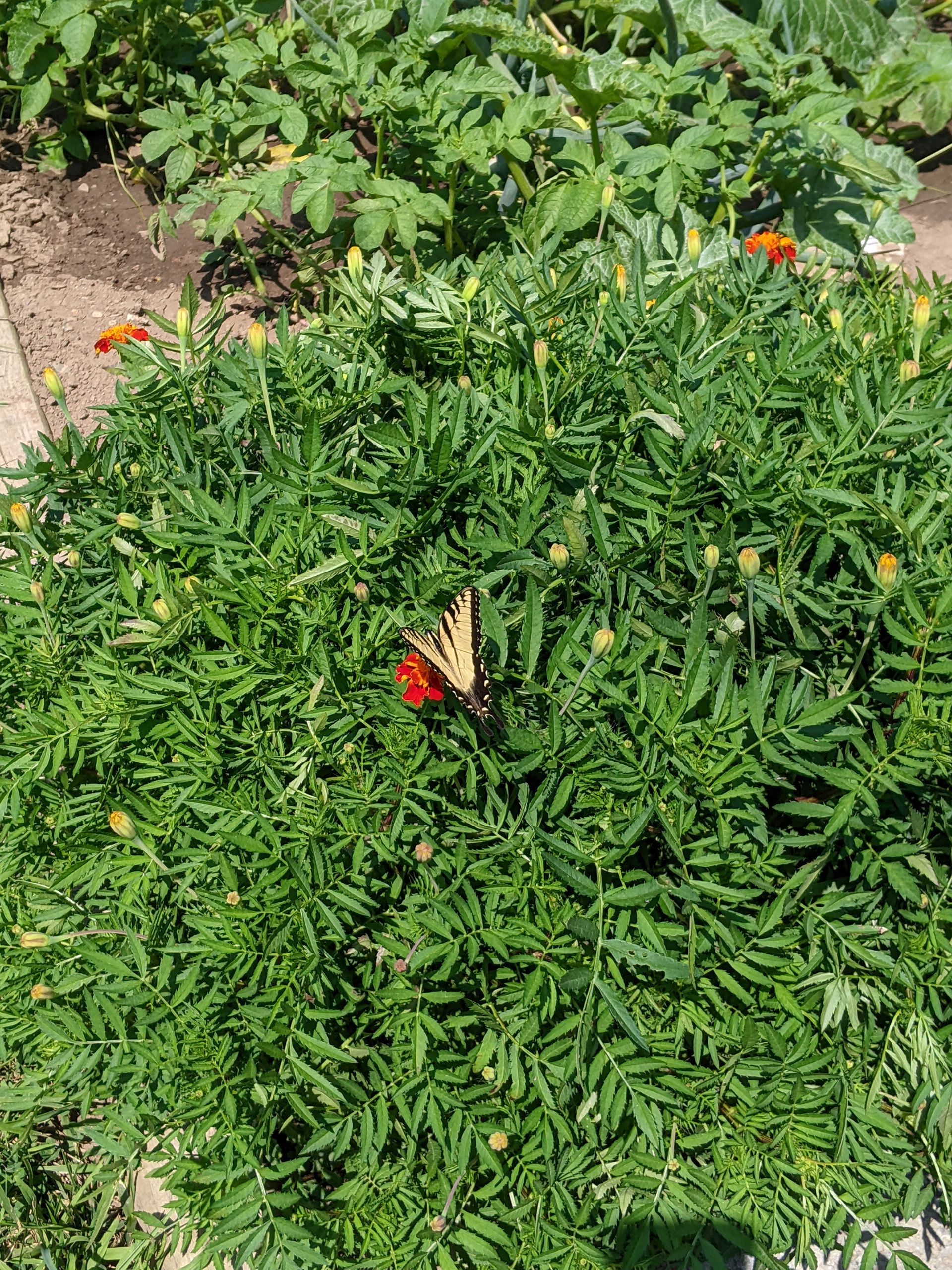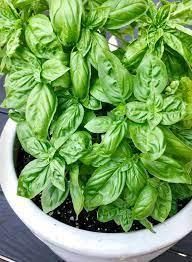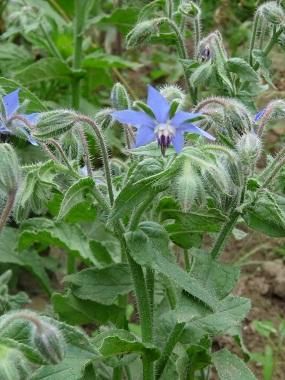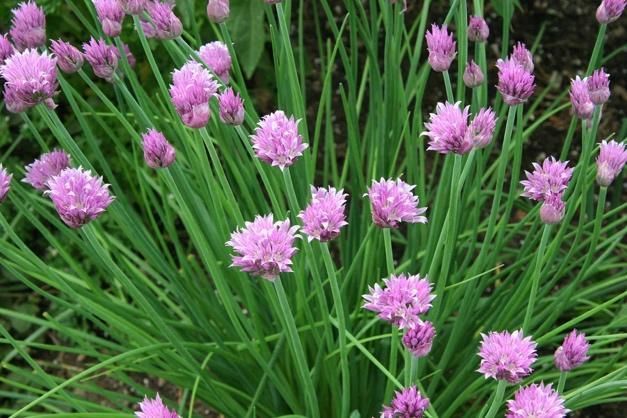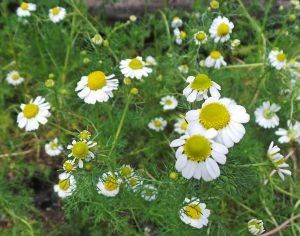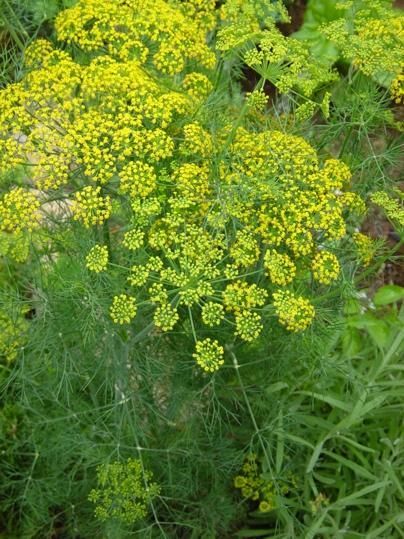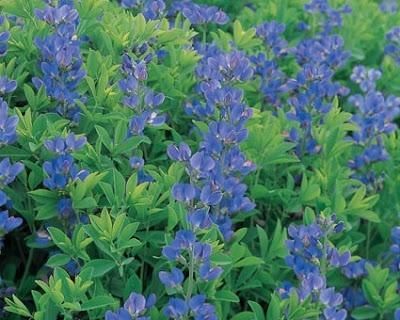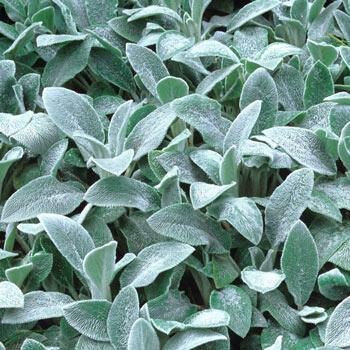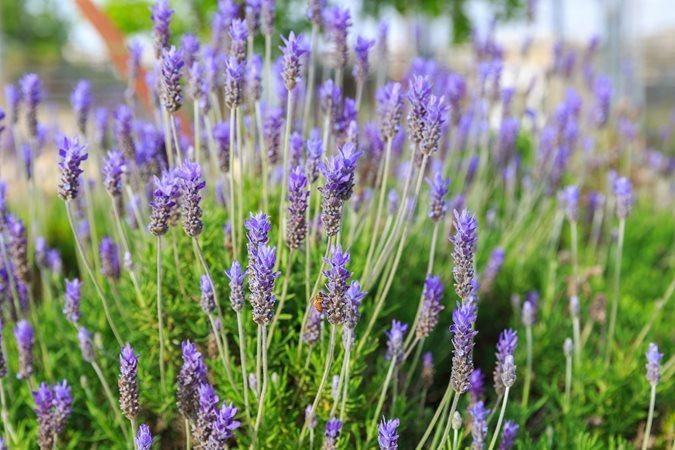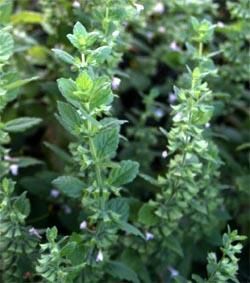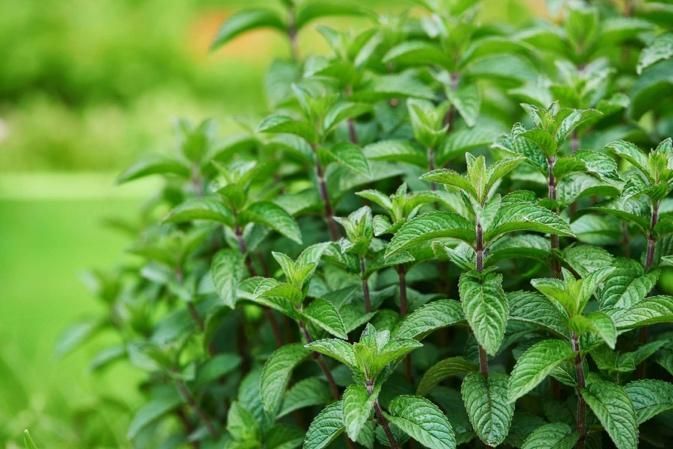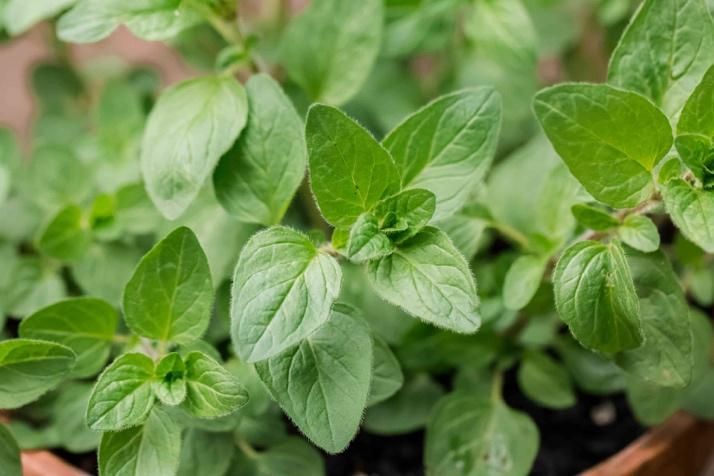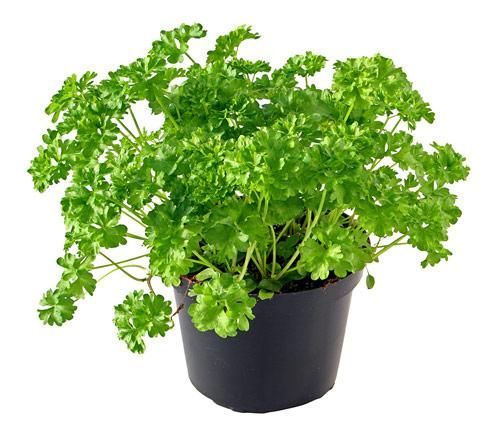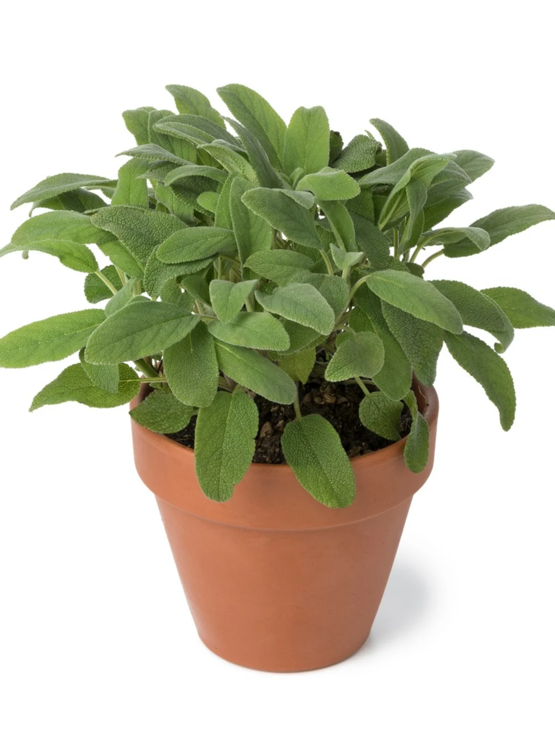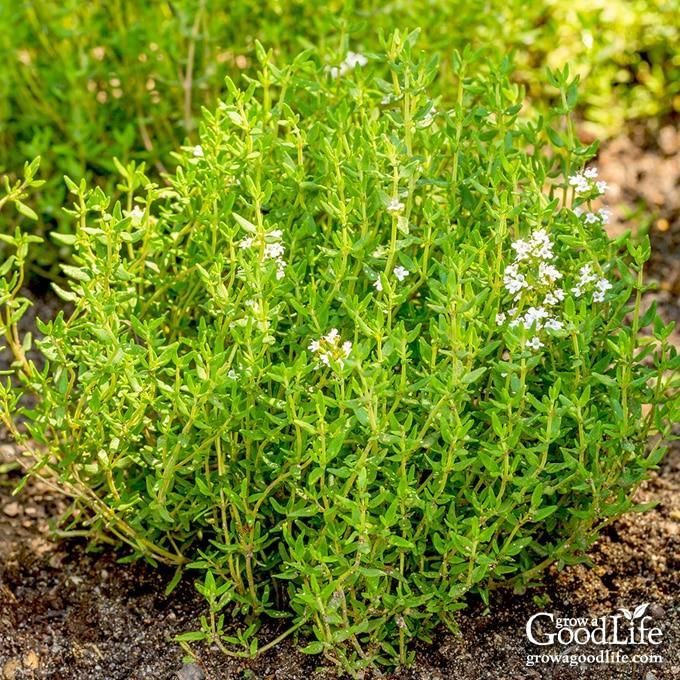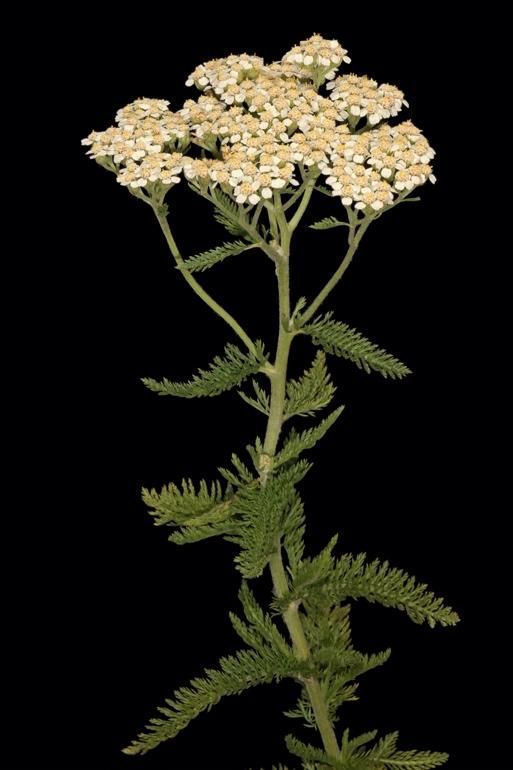Doty Kitchen Garden (circa 1850)
Early Ohio residents such as the Doty family had large well-tended vegetable gardens to feed their families. In addition to fresh vegetables early gardens focused on crops that could be stored or preserved to provide food through the winter. These included potatoes, carrots, turnips, beets, cucumbers, cabbage, and parsnips that could be stored in the Doty root cellar. Vegetables that could not be stored had to be canned or, like cabbage, fermented, or like cucumbers, pickled.
A gift from the native peoples to early settlers was the three sisters which is the interplanting of corn, beans, and squash. Planting these three native crops together benefit one another. Corn provides support for beans. Beans, like other legumes, have bacteria living on roots that help them absorb nitrogen from the air and convert the nitrogen to a form that plants can use. Corn, which requires a lot of nitrogen to grow, benefits most. The large, prickly squash leaves shade the soil, prevent weed growth, and deter animal pests.
The three sisters also complement each other nutritionally. The vines from the beans and squash can be left in the garden as compost. (From Creating a Three Sisters Garden, warren.cce.cornell.edu)
The Doty garden also includes herbs for culinary, decorative or aromatic, and medicinal purposes. Herbs in the garden are dill, thyme, parsley, oregano, basil, chamomile, borage, and lemon balm. Pioneer women made pickles, relishes, and chutneys using their vegetables and herbs. Also growing in the garden are lamb’s ear for bandages, lavender for potpourri, and statice for decorative purposes.
Flower gardens were small. Our Doty garden includes a variety of flowers to add beauty and to support pollinators.
Design, planting, interpretation, and upkeep are all courtesy of the Master Gardeners of Butler County, Ohio.
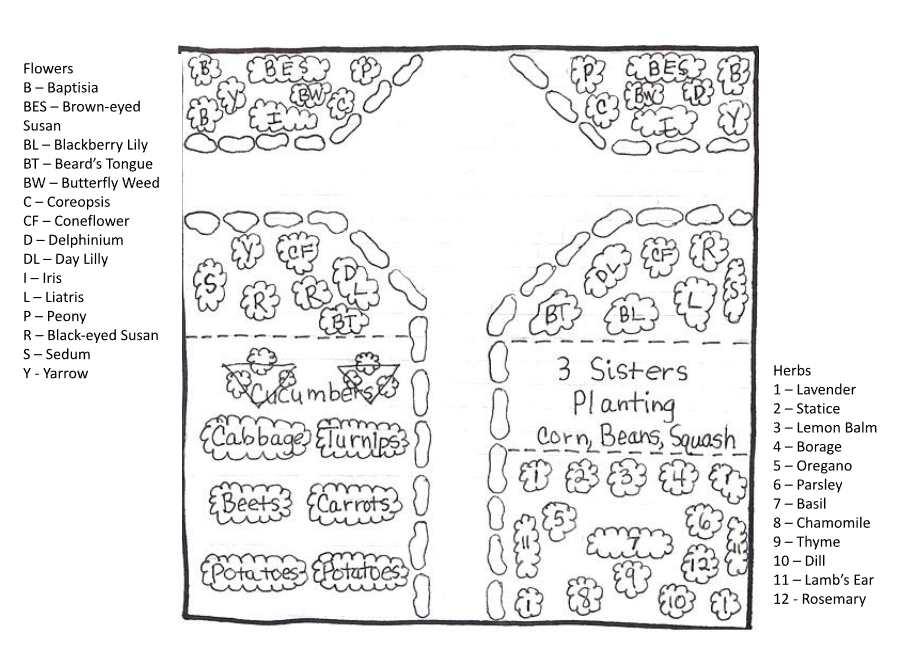
Herbs in the Doty Kitchen Garden
Vegetables were not the only important plant in a mid-19th century garden. Herbs were also a vital ingredient. Herbs had many uses from culinary to aromatic to medicinal. Without a drugstore on every corner, a family had to be ready to care for their own health needs, as well as flavor their food and scent and repel pests from their house.
Herbs are also known to be good companion plants for vegetables. They can repel harmful pests or attract beneficial insects while at the same time attracting other harmful pests to themselves (trap-cropping). They can also help improve the soil. Finally, the flowers of many herbs bring important pollinators into the garden for increased yield and to the benefit of all.
The Doty Kitchen Garden of today has just a sampling of herbs that may have been part of a kitchen garden of the past. The herbs present in our garden vary from year to year. Below are some of the herbs that we have grown. (Herbs with an asterisk are also considered flowers and will be found throughout the garden).








